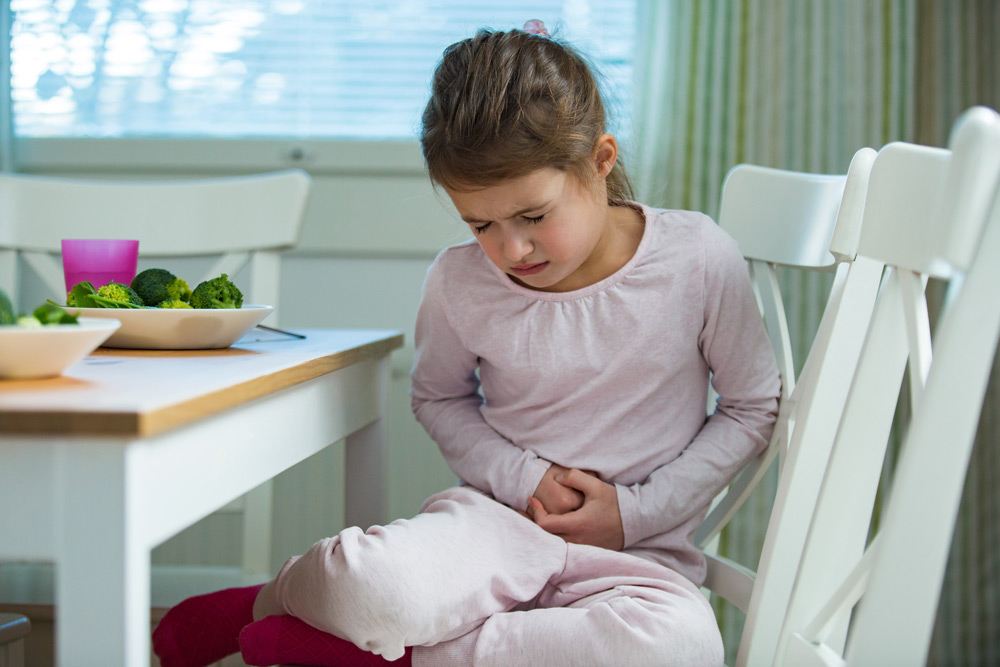Don’t Let Norovirus Ruin Your Spring Break Plans
Spring is near and that means so is vacation season. Don’t let a case of stomach flu ruin your travel plans. The Centers for Disease Control and Prevention (CDC) is reporting an uptick in norovirus activity across the country. So, what is it and how can you avoid it?
Norovirus, also known as gastroenteritis or stomach flu, causes a person to experience nausea, stomach pain, vomiting and diarrhea. In severe cases a person may also experience a fever — though it’s less common.
Poor handwashing is one of the main culprits that cause you to get sick. That’s because the virus is transmitted through fecal-oral. A person who comes in direct contact with the virus will usually send it from their hands to their mouth, nose or eyes — that’s all it takes.
Hand sanitizer can be helpful in preventing the spread but washing your hands with soap and warm water is the most effective way to protect yourself.
Large gatherings of people, especially if food is shared, will increase the risk of a breakout. Cruise ships and nursing homes are classic examples of this.
Always make sure to wash your hands before you eat and be aware that food prepared by a sick person or food that’s shared with many people can be a source of contamination.
The incubation period for norovirus is extremely short — an infected person will usually start showing symptoms within 24 to 48 hours upon contact. Occasionally a person may show symptoms in as little as 18 hours or as long as 72 hours.
The good news is that symptoms are usually short lived. A person will recover fully within two to three days. Symptoms can last longer and be more severe for young children and the elderly.
Most cases of norovirus are mild. People may carry the virus and show few or no symptoms at all. Once diarrhea and vomiting are over, infectivity decreases significantly. However, the virus can be present inside of a person’s stool for weeks after. That’s why handwashing and proper hygiene is so important.
Your medical care provider can order a polymerase chain reaction (PCR) test to decide if your symptoms are associated with norovirus. It’s generally recommended that you recover at home with rest, hydration and over-the-counter pain relievers as needed for any discomfort.
Practice good hygiene techniques and don’t let the fear of norovirus stop you from enjoying your vacation and travel plans. Norovirus has been around forever — we are just more aware of it now.
